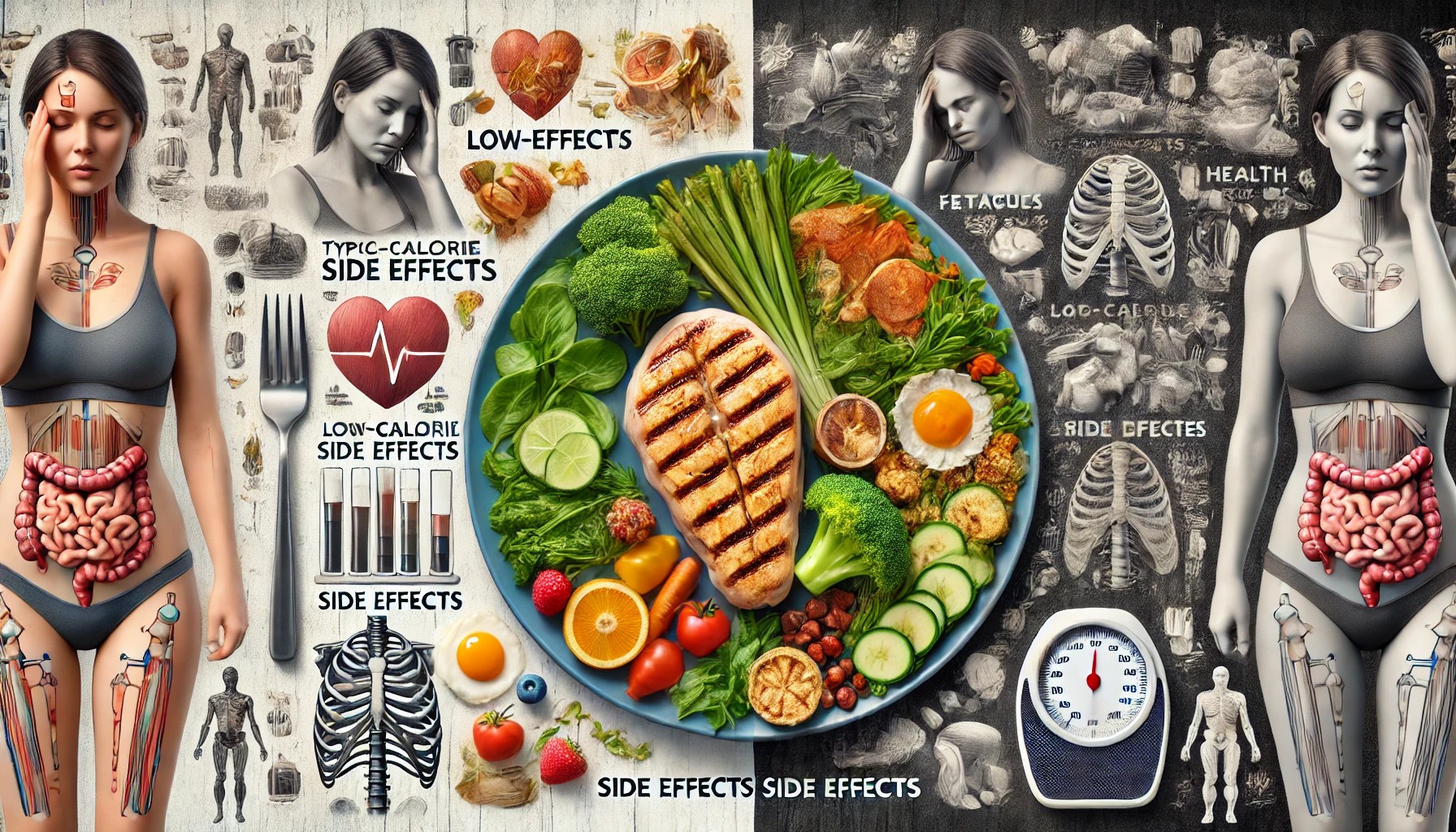Understanding the HCG Diet Side Effects: What You Need to Know
The HCG diet has gained popularity for its promise of rapid weight loss, but many people are concerned about the potential side effects. As a professional dietitian, it’s crucial to understand both the benefits and risks associated with this controversial diet. This article will provide an in-depth analysis of the side effects of the HCG diet, addressing common concerns and safety issues. By the end, you will have a clear understanding of whether this diet is right for you.
Is the HCG Diet Safe?
One of the most common questions about the HCG diet is whether it is safe. While many dieters experience weight loss, there are potential risks associated with both HCG injections and HCG drops. It’s important to consult a healthcare professional before starting this diet, as the drastic calorie reduction and hormone use can lead to complications.
Safety concerns include:
- Hormonal imbalances
- Nutrient deficiencies due to low-calorie intake
- Possible adverse reactions to HCG hormone injections
In conclusion, the safety of the HCG diet largely depends on individual health factors and how the diet is followed. Proper guidance is essential.
Common Side Effects of the HCG Diet
The common side effects of the HCG diet can vary from person to person. These symptoms are often linked to the extreme calorie restriction (usually around 500 calories per day) and the body’s reaction to the HCG hormone. Here are the most commonly reported issues:
- Headaches
- Fatigue
- Dizziness
- Irritability
- Constipation or digestive issues
Many of these symptoms can be managed, but dieters should remain cautious and aware of how their bodies respond during the program.
HCG Diet Headaches and Fatigue
Can the HCG diet cause headaches? Yes, headaches are one of the most frequently reported side effects, especially during the early phases of the diet. This is often due to the drastic reduction in calories, which can lead to low blood sugar and dehydration.
To manage these symptoms:
- Ensure proper hydration
- Spread meals evenly throughout the day
- Consult a healthcare provider if headaches persist
Fatigue is another common issue due to the limited caloric intake. The body is adjusting to fewer nutrients, which can make it difficult to maintain energy levels.
Hormonal Side Effects of the HCG Diet
HCG diet hormone side effects can be a significant concern, particularly for those sensitive to hormone fluctuations. HCG, or human chorionic gonadotropin, is a hormone that can cause changes in the body’s natural hormone balance. Side effects may include:
- Mood swings
- Anxiety
- Hormonal imbalances
Women and men may experience different reactions to the hormone:
- For women, it can affect the menstrual cycle or lead to emotional instability.
- For men, it may cause changes in testosterone levels.
It’s essential to monitor any hormonal changes while on the diet and consult a doctor if symptoms worsen.
HCG Diet and Heart Health
The relationship between the HCG diet and heart health is concerning for some, especially for individuals with pre-existing cardiovascular conditions. Due to the low-calorie intake and potential electrolyte imbalances, this diet can affect heart function. Side effects may include:
- Irregular heartbeats
- Low blood pressure
- Heart palpitations
If you have any heart-related issues, consult your doctor before starting the HCG diet.
Can the HCG Diet Cause Hair Loss?
Hair loss can be a side effect of the HCG diet, especially during extended periods of calorie restriction. The body may redirect nutrients to vital organs, leaving hair follicles undernourished.
To minimize hair loss:
- Ensure you are getting adequate protein and vitamins
- Consider taking supplements such as biotin or vitamin D
Hair loss is often temporary and can be resolved once you return to a normal calorie intake.
HCG Diet Side Effects for Women and Men
Women and men may experience different side effects while on the HCG diet. For women, hormonal fluctuations can cause:
- Irregular periods
- Emotional changes
- Breast tenderness
For men, the side effects can include:
- Changes in testosterone levels
- Mood swings
- Reduced libido
Both men and women should monitor any significant changes in their physical or emotional health while on this diet.
HCG Diet vs Other Diet Side Effects
How does the HCG diet compare to other popular diets in terms of side effects? Unlike diets such as keto or intermittent fasting, the HCG diet involves hormone supplementation, which introduces a unique set of risks. HCG diet side effects tend to be more severe due to the extreme calorie restriction and the body’s reliance on external hormone sources.
How to Avoid Side Effects on the HCG Diet
How to avoid side effects on the HCG diet? Here are some tips:
- Stay hydrated to prevent headaches and dizziness.
- Balance your meals with nutrient-rich foods to avoid nutrient deficiencies.
- Consult a doctor before starting the diet, especially if you have pre-existing health conditions.
- Follow the plan carefully—do not reduce calories below what is recommended, and avoid overuse of HCG supplements.
Proper management and attention to your body’s signals can reduce the risk of severe side effects.
Can the HCG Diet Cause Severe Side Effects?
While most people experience mild symptoms, the HCG diet can lead to severe side effects in some cases. These may include:
- Severe mood swings
- Heart complications
- Gallstone formation
- Electrolyte imbalances
If any of these severe side effects occur, stop the diet immediately and seek medical attention.
Conclusion: Weighing the Risks and Benefits of the HCG Diet
In summary, while the HCG diet may offer rapid weight loss, it comes with a variety of side effects, some of which can be serious. It’s essential to approach this diet with caution and to seek medical advice before starting. For those who decide to try it, proper management of HCG diet side effects and regular monitoring can help mitigate the risks and improve your overall experience.
